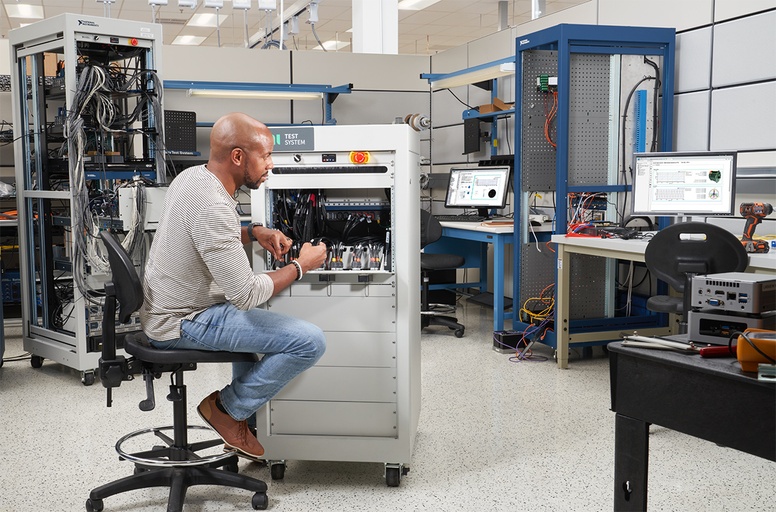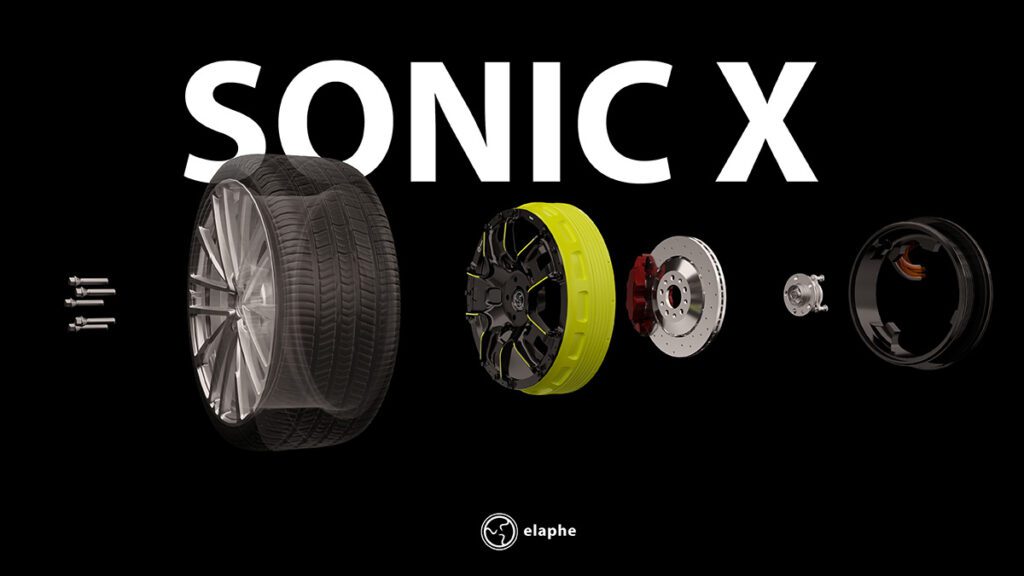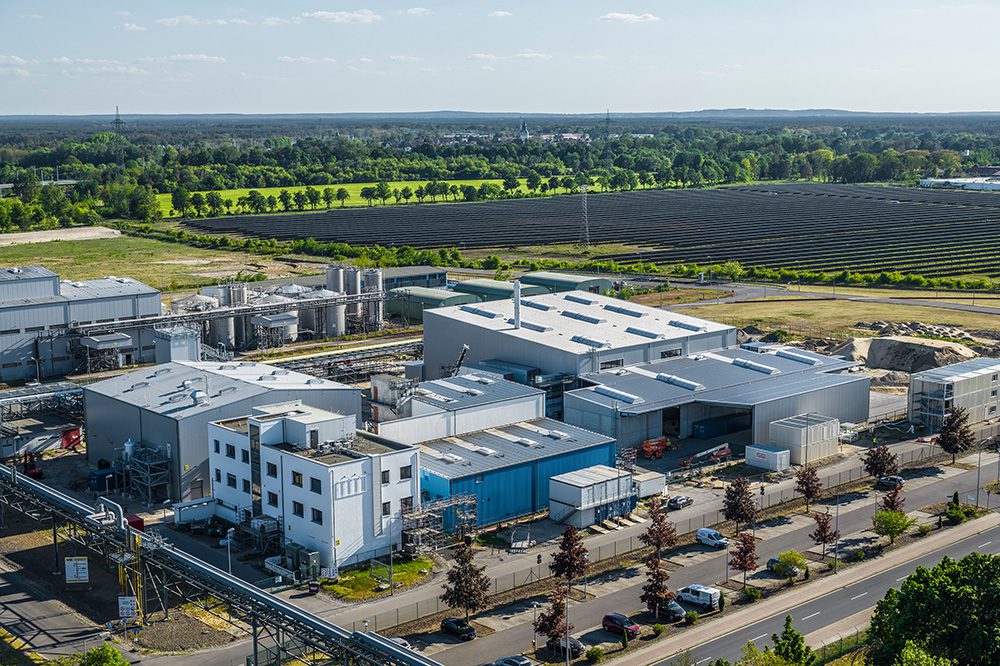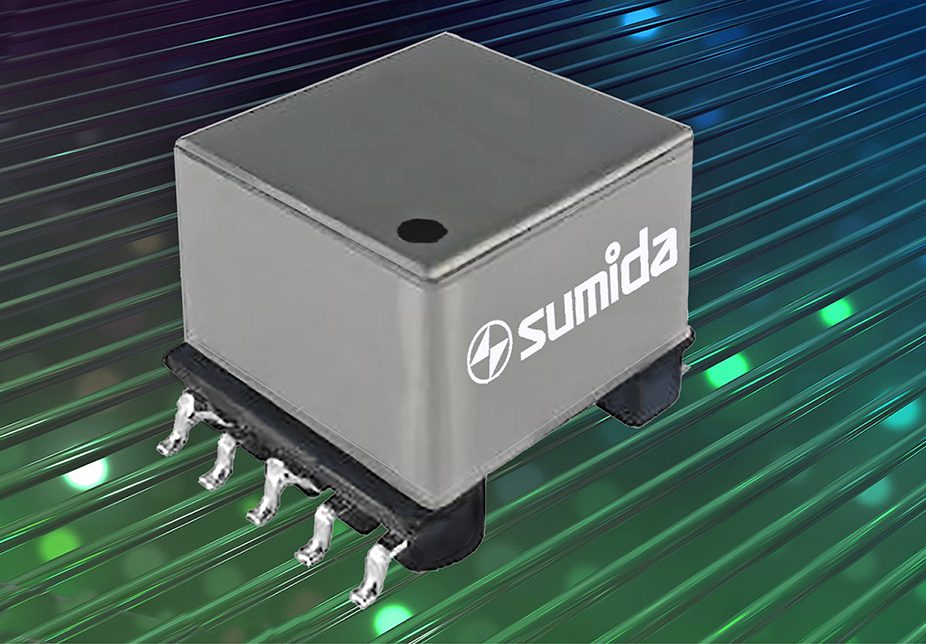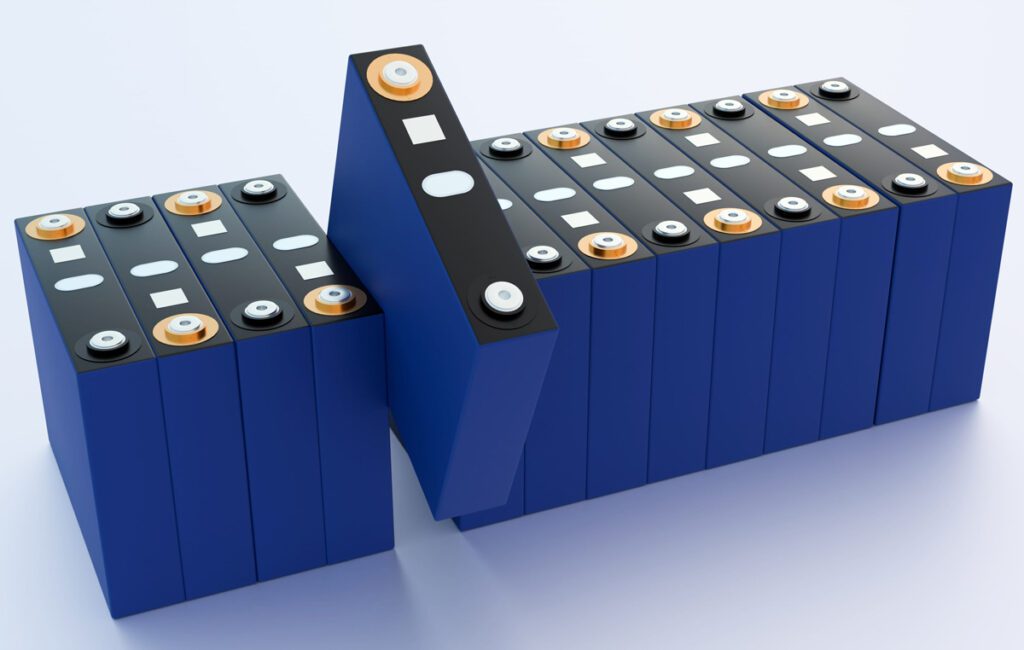Validating automotive traction inverter can become inefficient because of the disparate toolchains that connect design and validation. While the design team speaks in models, usually from MathWorks Simulink® or Simscape™ software, the validation team works in HIL test systems and attempts to run those models in real-time software. The hand-off rarely performs at its best and this puts time-to-market as risk, making test a bottleneck.
Join this session at our Spring Virtual Conference on EV Engineering, presented by NI, where we will cover how virtualization and NI’s model-based development approach can improve how the design and validation teams perform in the SIL -> MIL -> HIL development cycle through an optimized user experience. NI’s approach implements a Simulink® idiomatic experience with improvements to model integration capabilities and newly supported features such as Simulink external mode.
Other sessions at our Spring Virtual Conference include:
How To Maximize Reusability In DC-DC Converter Testing
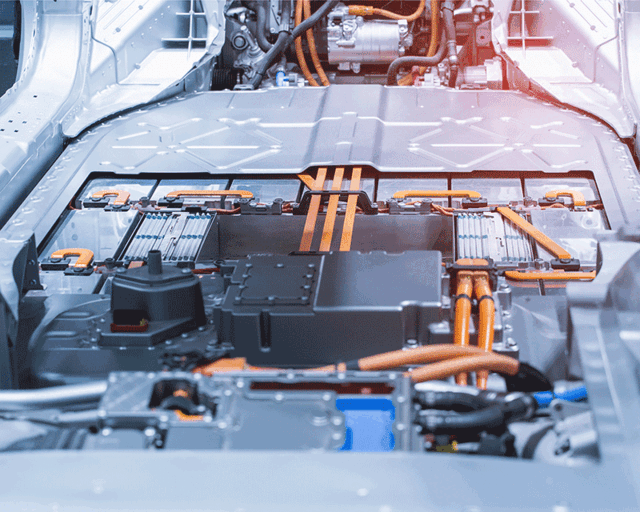
Power electronics such as DC-DC converters must undergo different types of testing which can get inefficient and expensive. High voltage, communication, and high current testing as well as leakage, quality inspection and more should be designed with hardware reuse in mind. This is critical to keep test costs manageable and remain competitive within a booming market without a sacrifice to quality or speed.
Join Averna’s Area sales manager Greg Anderson and VP of Sales Daniel Wyatt as they review automated test platform options for EV power components like DC-DC converters. Designed for functional testing, Leak testing, AOI and product sorting, these systems prioritize instrumentation reuse and flexible growth to accommodate the entire product lifecycle from R&D to support.
Don’t miss this information session to learn how to maximize reuse, save on unnecessary test equipment and ensure production will run smoothly from design to production and support. Is your test setup as efficient as it can be?
Register here to learn more—it’s free!
See the full sessions list for the Spring Virtual Conference on EV Engineering here.
Broadcast live April 4 – 7, 2022, the conference content will span the EV engineering supply chain and ecosystem including motor and power electronics design and manufacturing, cell development, battery systems, testing, powertrains, thermal management, circuit protection, wire and cable, EMI/EMC and more.








